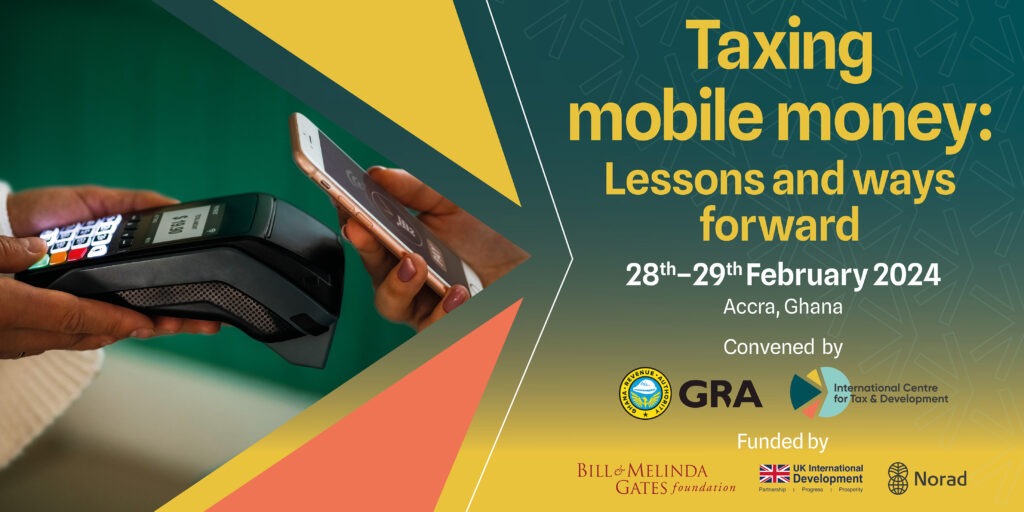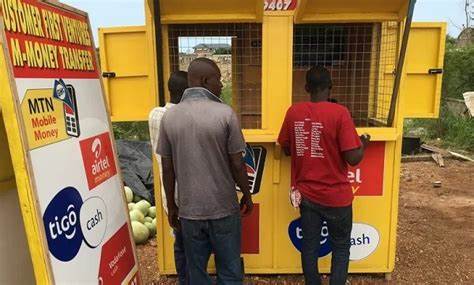Stakeholders from all sectors of the local economy are calling for a review of the electronic transaction levy (E-levy).
They argue that instead of burdening consumers unnecessarily, efforts should focus on effective revenue production and equitable distribution within the larger tax framework.
This came to light during a tax forum organized by the International Centre for Tax and Development (ICTD) and the Ghana Revenue Authority themed; “Taxing Mobile Money-Lessons and Ways Forward” at the Alisa Hotel. Accra.
Professor Nana Akua Anyidoho, Director of the Centre for Social Policy Studies at the University of Ghana, criticized the e-levy’s rushed implementation, calling it regressive.
“Governments may think they understand the evidence and reasons, but the performance of mobile money taxation tells a different story. Tax receipts consistently fall below projections, indicating that there’s still much to learn about utilizing this tool for effective tax mobilization.”
“Additionally, the vast size of the growing digital finance ecosystem in many African countries can be both a boon and a challenge. While governments may see it as low-hanging fruit for taxation, there can be significant trade-offs involved -e.g. in financial inclusion and transition to cash-lite economy”, she said.
Adding to the discussion, Head of the Ghana Revenue Authority’s project management unit, Isaac Kwabena Amoako emphasized the need of governments prioritizing research and cultivating partnerships with all stakeholders in order to successfully influence policy formulation.
“This is mainly to help us undertake joint research activities, and also promote and support the GRA’s research capacity to improve tax revenue mobilization in an effective and equitable manner. I must confirm that since the signing of the MOU, ICTD has been very helpful to GRA.”

He opined that the implementation of the E-levy has not hindered efforts to enhance financial inclusion acknowledging that the rollout of the policy faced challenges thereby failing to meet its target.
Isaac Kwabena Amoako emphasized that through collaborative efforts, behavioral attitudes toward the electronic levy could be changed to meet its revenue target.
The workshop’s primary purpose is to explore how mobile money taxes could be designed in an effective and equitable way based on discussion centred around research and real-life experiences.
It brought in a wider scope of lessons learned from different countries in designing mobile money tax and their experiences through discussion and dialogue between different stakeholders within Ghana and from other countries implementing – or considering implementing – mobile money taxes.











